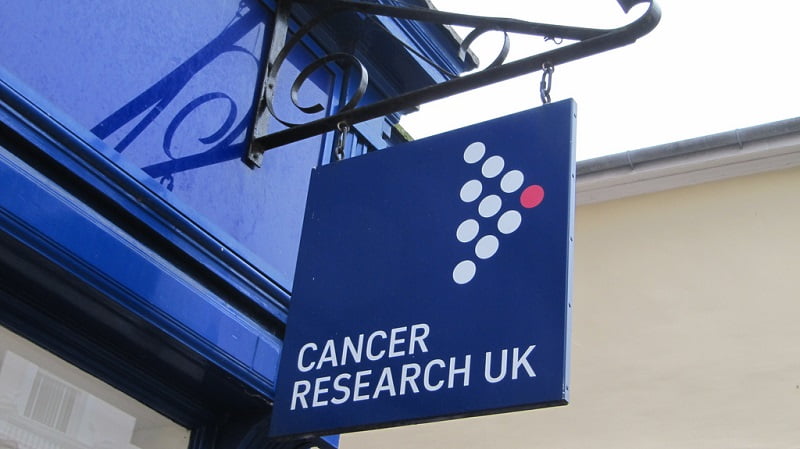A potentially revolutionary Cancer Treatment has been uncovered in Yorkshire University

Scientists at the University of Huddersfield have found an innovative new discovery that could revolutionize the way in which cancer is treated. The university research team have developed a new treatment regime that exploit the unique properties of the molecule Cluster of Differentiation 40 (CD40). Dr Nik Georgopoulos has been investigating the protein for over 15 years and in 2002 found that the CD40 molecule is particularly special as it specifically kills tumour cells but when activated on normal cells they do not die. While current cancer therapies such as radiotherapy and chemotherapy are very full on approaches that can cause collateral damage and leave damaging side effects, the use of CD40 might offer some hope to void these methods. By researching specifically into CD40 Dr Georgopoulos believed they can identify exactly what it is that makes the module so unique and design it in a way that will kill tumours. That speciality has now been found and although the research is still in its early stages the discovery is more than exciting. Within the next couple of yearsâ researchers are hopeful clinical trials can take place before potentially being approved for patient use. The research has been welcomed by Cancer Research UK and is causing massive stimulation amongst researchers and scientists. In order for the research to continue the University of Huddersfield are looking to raise £900,000 for their research to be taken out of the lab, into clinical trials and then (fingers crossed) successfully integrate into medical practise and change how we treat cancer forever.
Waging War on Cancer With More Advanced Scanning Technology

A revolutionary imaging technique capable of identifying whether a drug is working within just days of treatment has successfully been used on a caner patient in Europe. The pioneering technology is currently being trialled in the UK and is hoped to provide a major breakthrough in the fight against cancer and provide clues as to how future treatments and drugs can improved. The research is being undertaken at Addenbrookeâs Hospital, part of the Cambridge University Hospitals group and is funded by national cancer charity, Cancer Research UK. Scientists are hoping to use the new metabolic imaging technology to scan patients suffering with a wide range of cancers in order to investigate the effectiveness of treatment. As a result, they aim to be able to advise on whether an alternative approach might be more appropriate much earlier into treatment thus potentially saving lives. Cancer UK has suggested that the rapid scan technology will enable doctors to monitor molecular changes in patients, fundamentally changing the way mutations are mapped. The imaging technique could thus open up new avenues for cancer detection and treatment, as well ushering in a new, more personalised approach within cancer care â significantly improving the experience and outcomes for patients. The revolutionary technology involves breaking down and labelling pyruvate, a simple alpha-keto acidic compound. It is then visible during a magnetic resonance imaging (MRI) scan where pyruvate is injected in the patientâs bloodstream and monitored as it moves around the body and enters cells, for example. As a result, the scan can track the speed as which cancer cells break the alpha-keto compound down. The process stimulates cancer cells to behave in a manner alike to that during drug treatment and doctors can thus determine how effective a drug treatment has been. Professor Kevin Brindle, Co-lead Scientist at the Cancer Research UK Cambridge Institute, said he and the team were excited to be working on such a pioneering project â the first of its kind outside the US and one of only three in the world. He added that he hoped it would prevent patients in the future from being treated ineffectively and would provide a means with which to acknowledge both the range of cancers and variety of manifestations across patients. Dr Emma Smith, Science Information Manager at Cancer Research UK was equally positive about the potential of the imaging technology, saying that it could save patients from undergoing months of unnecessary or ineffective treatment. Scientists are currently analysing the result of the recent experiment featuring the state-of-the-art scanning system to ascertain its accuracy as well as viability for future cancer care.


